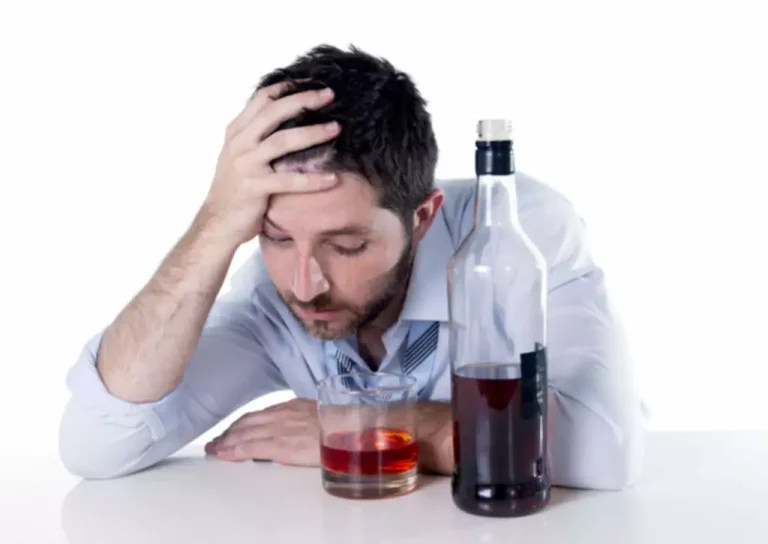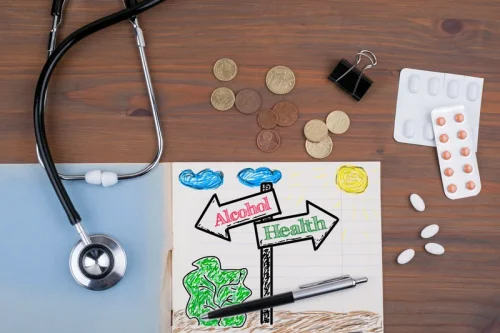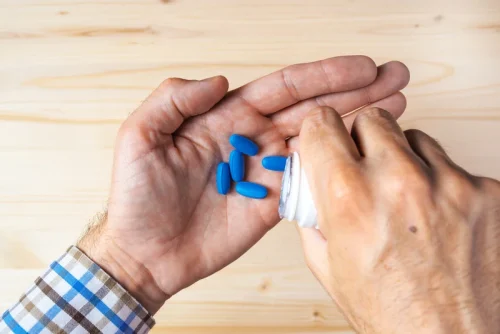
Most people experience a definite improvement over time so that symptoms gradually decrease to levels nowhere near as intense as in the early days of withdrawal, and eventually almost entirely disappear. All the studies show steady, if slow, improvement in cognitive ability and physical symptoms. Although most studies have not extended beyond a year after withdrawal, the results suggest that improvement continues beyond this time. There is absolutely no evidence that benzodiazepines cause permanent damage to the brain, nervous system or body. Unfortunately, flumazenil does not at present offer a practical cure for protracted symptoms.
What are the best vitamins for benzo withdrawal?

That’s what makes it essential to stop taking benzodiazepines slowly, with support from a medical professional. They can range in severity, though for some people, they remain mild and manageable. The best resource in your quest to quit benzodiazepines is your prescribing doctor.

Before taking Ativan
In addition, over half of the survey respondents said benzodiazepines’ side effects or withdrawal symptoms caused them to consider suicide. If you take away the blockades gradually, your brain can reduce its chemical traffic to match. But if you remove the drug all at once, your brain doesn’t have enough time to prepare, and you can develop life-threatening symptoms like seizures.
2. STANDARD CARE FOR WITHDRAWAL MANAGEMENT
- Withdrawal symptoms can range from mild to severe, and they can last for weeks or even months.
- There’s no way to know what will happen to you until the process begins.
- In response, your brain makes more excitatory neurotransmitters (chemical messengers) to counter alcohol’s effects.
- There is a risk that people who quit benzodiazepines without a taper may experience a life-threatening grand mal seizure.
- Alternatively, an antihistamine with sedative effects (e.g. diphenylhydramine [Benadryl], promethazine [Phenergan]) may be used temporarily.
A very quick taper would involve reducing the dose by 5 mg (25%) each week. In most cases, your doctor will reduce your dosage by 5% to 25% in the first week. Every 1 to 4 weeks after that, they’ll reduce your dose by another 5% to 25% of the original dose. The 2022 survey mentioned above also asked respondents to what extent withdrawal symptoms affected their lives. They could rate each problem as nonexistent, mild, moderate, severe, quite severe, or enormous.

Long-term symptoms
- There is at present no clear scientific evidence on these topics, though as mentioned before, benzodiazepine receptors are present in the gut and benzodiazepine use or withdrawal may affect immune responses.
- If you’ve had a serious allergic reaction to Ativan, your doctor may recommend taking a different medication instead.
- Emerging research also suggests acceptance and commitment therapy (ACT) could also have benefits during benzodiazepine withdrawal.
- For those trying to quit benzos at home, on the other hand, the intensity of cravings may make it nearly impossible to truly stop using them.
Blurred vision and headaches are common withdrawal symptoms for most types of drug addiction, including benzo addiction. These symptoms occur on behalf of abrupt changes to brain chemistry, and may last for up to several days or weeks, or until you fully overcome benzo dependence. A benzo detox treatment may help reduce these symptoms, especially if treatment involves the use of other medications and over-the-counter severe benzodiazepine withdrawal syndrome medicines to relieve headaches. A benzo withdrawal seizure refers to a type of seizure that can occur when a person abruptly stops or significantly reduces their use of benzo medications. Withdrawal seizures typically occur in individuals who took high dosages of benzos for a long period of time. Seizures have also happened when patients used benzos for less than 15 days even when taken as prescribed by a doctor.

Benzodiazepine Withdrawal: What to Expect – How to Taper – How to Cope
- In 2008 only 5.2% of U.S. adults used benzodiazepines, but in 2012, the rate of benzo prescriptions grew to 37.6 prescriptions for every 100 Americans.
- Dependence appears to occur in a similar way to how it does with other addictive drugs.
- Those with higher levels of dependency are likely to experience more intense withdrawal symptoms and an extended timeline for recovery.
- Also common are complaints of adverse reactions to antibiotics used to treat some of the bacterial infections.
- Benzos are central nervous system depressants that work by enhancing a brain neurotransmitter called GABA responsible for regulating stress and anxiety.
The Short Opioid Withdrawal Scale (SOWS, p.37) is a useful tool for monitoring withdrawal. During withdrawal some patients may become disruptive and difficult to manage. The patient may be scared of being in the closed setting, or may not understand why they are in the closed setting.
This “memory” of prior withdrawal(s) and/or damage somehow remains “imprinted” within the nervous system. Indeed this process may well be the etiology of the increasing difficulty persons face the longer they continue to use benzodiazepines, even if only episodically. Those with higher levels of dependency are likely to experience more intense withdrawal symptoms and an extended timeline for recovery.
- But suicides have occurred in several reported clinical trials of benzodiazepine withdrawal.
- The choice of, and response to, each of these measures depends very much on the individual.
- Along with these symptoms, the person may experience severe cravings for the drug or other drugs to sedate them.
- Tapering is when your doctor works with you to slowly and gradually reduce your doses of benzos over the course of several weeks or months until you’re no longer using the medication.